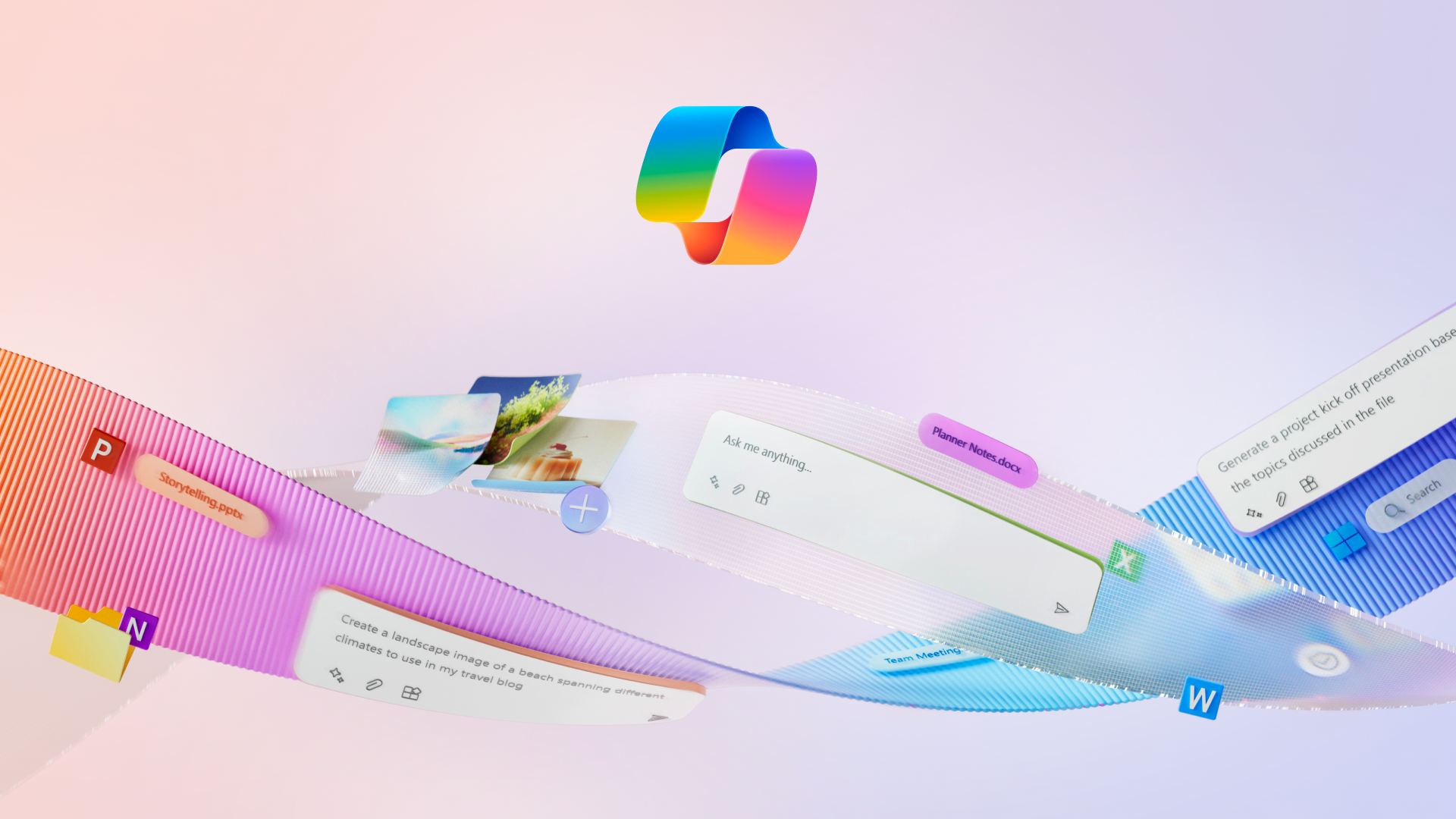Hanging onto Windows 10 to avoid Microsoft’s latest brainwaves with Copilot AI? I’ve got bad news for you
New Copilot app experience is coming to both Windows 10 and Windows 11 simultaneously, presumably to help stoke usage.

In what appears to be a bid to get more people to use Copilot, Microsoft has provided the new ‘app experience’ for the AI assistant to both Windows 10 and Windows 11 devices in the latest cumulative updates for July.
In both KB5040427 for Windows 10 and KB5040442 for Windows 11, the new Copilot app is rolling out (albeit gradually, so you may not see it for some time yet). It comes alongside the usual raft of security updates and fixes for various issues (including a bug that breaks the taskbar).
With the new update installed on either OS, you’ll find Copilot is no longer fixed to the right-hand side of the desktop, but can now be moved around like a normal app window. The new Copilot app can also have its window resized or snapped - essentially, it becomes just like any other application in Windows, with the “benefits of a typical app experience” as Microsoft puts it.
What’s interesting is that this initial improved Copilot experience was only tested with Windows 11 users, but Microsoft is suddenly rolling it out in full to not just the release version of Windows 11, but also Windows 10. This appears to indicate how keen Microsoft is to get this new-and-improved version of Copilot in front of more users - and there are a lot more Windows 10 users still out there - with the hope of driving usage figures for the AI higher.
Clearly, though, this isn’t great news for Windows 10 users who might have been hoping to avoid Microsoft’s aggressive Copilot pushing (even if only temporarily). If they’re getting the new Copilot app experience this swiftly, if Microsoft makes any further moves to get the AI pushed more front and center, it’s a safe assumption that whatever happens with Windows 11 will be coming to Windows 10 pretty much straight away, too.
A matter of getting users acclimatized?
AI chatbots and assistants like Copilot, ChatGPT, and Google Gemini are becoming more highly developed and popular, although that doesn’t necessarily seem to be translating into more frequent everyday use. In fact, a recent survey appears to show that hardly any of us are using AI tools aside from early adopters, even though we might be well aware of the existence of the likes of Copilot or Gemini.
So, if reports like that are anything to go by, in the grand scheme of things, only a niche set of Windows users - enthusiasts and the curious - are enlisting Copilot to help them or streamline their workflow.
Get daily insight, inspiration and deals in your inbox
Sign up for breaking news, reviews, opinion, top tech deals, and more.
Making Copilot more app-like on Windows is a move to ensure the AI feels less out of place and more like any other app you would download to boost your productivity. In terms of Windows 10 users, more broadly I also think it’s a way of acclimatizing them to Copilot, so when support for the older OS eventually ends (next year), and they are forced to jump ship to Windows 11, they’ll continue to use the AI having got used to it. Or that’s the theory, I guess - whether that pans out is another matter.
You might also like...

Muskaan is TechRadar’s UK-based Computing writer. She has always been a passionate writer and has had her creative work published in several literary journals and magazines. Her debut into the writing world was a poem published in The Times of Zambia, on the subject of sunflowers and the insignificance of human existence in comparison. Growing up in Zambia, Muskaan was fascinated with technology, especially computers, and she's joined TechRadar to write about the latest GPUs, laptops and recently anything AI related. If you've got questions, moral concerns or just an interest in anything ChatGPT or general AI, you're in the right place. Muskaan also somehow managed to install a game on her work MacBook's Touch Bar, without the IT department finding out (yet).